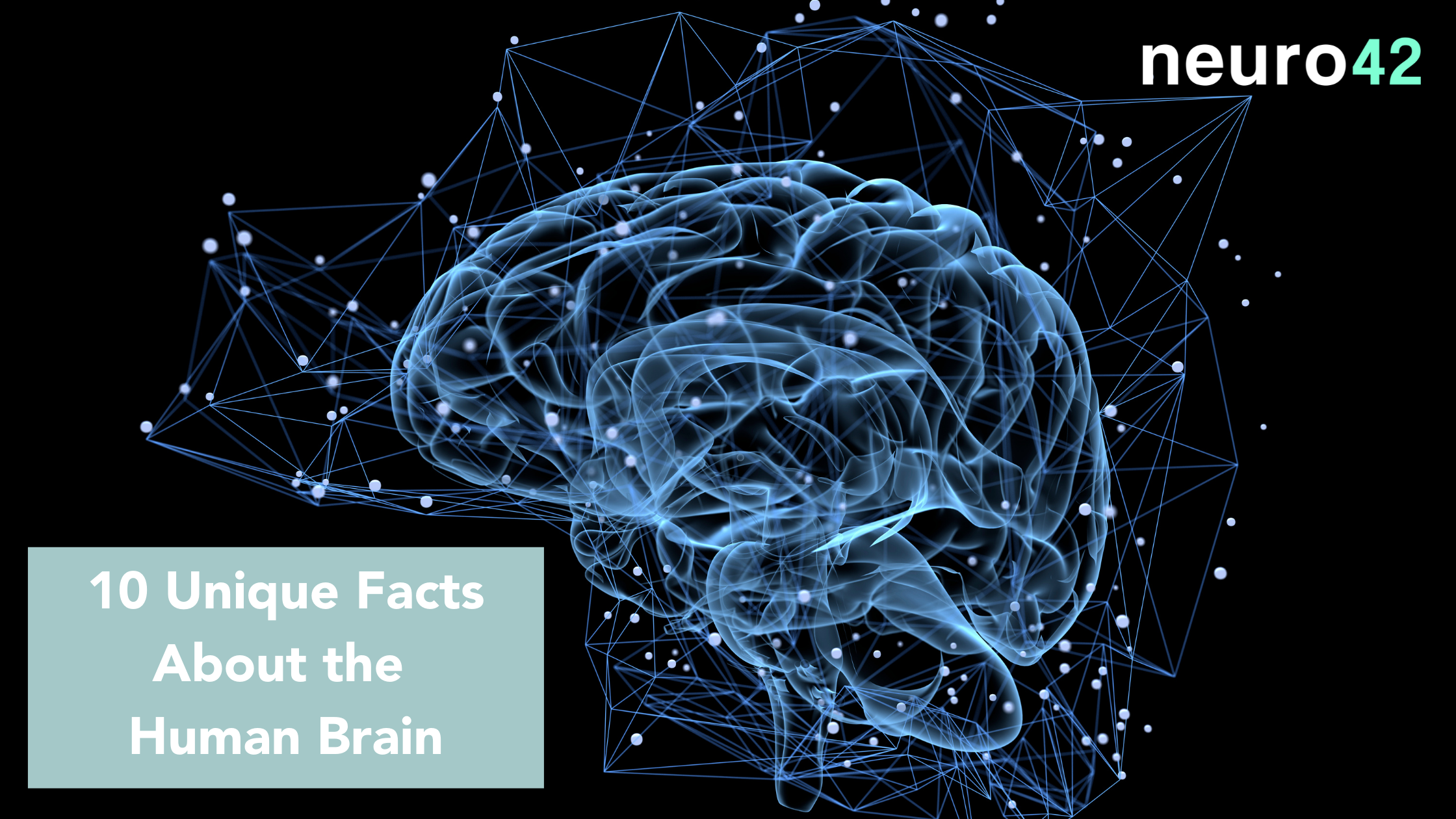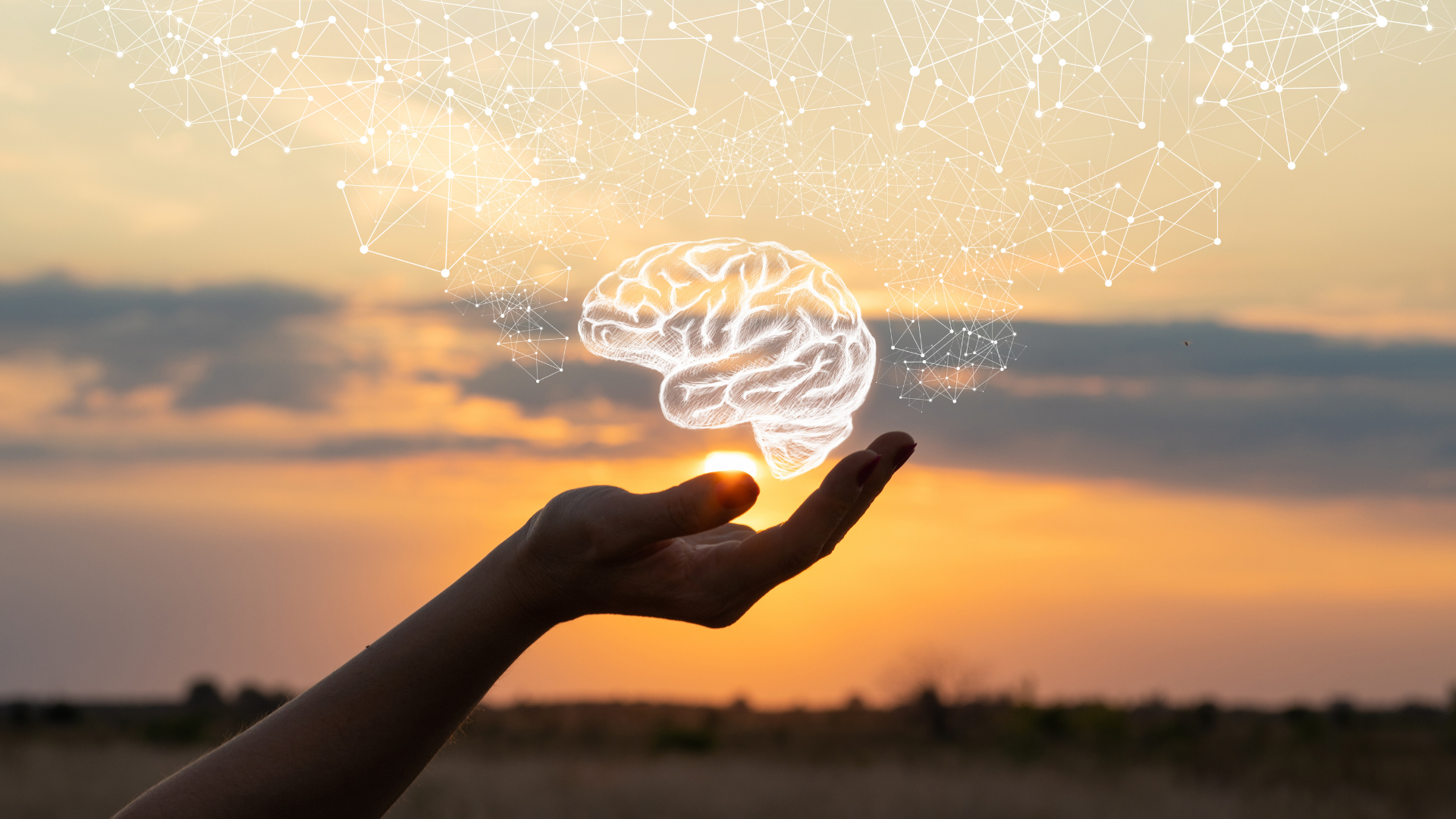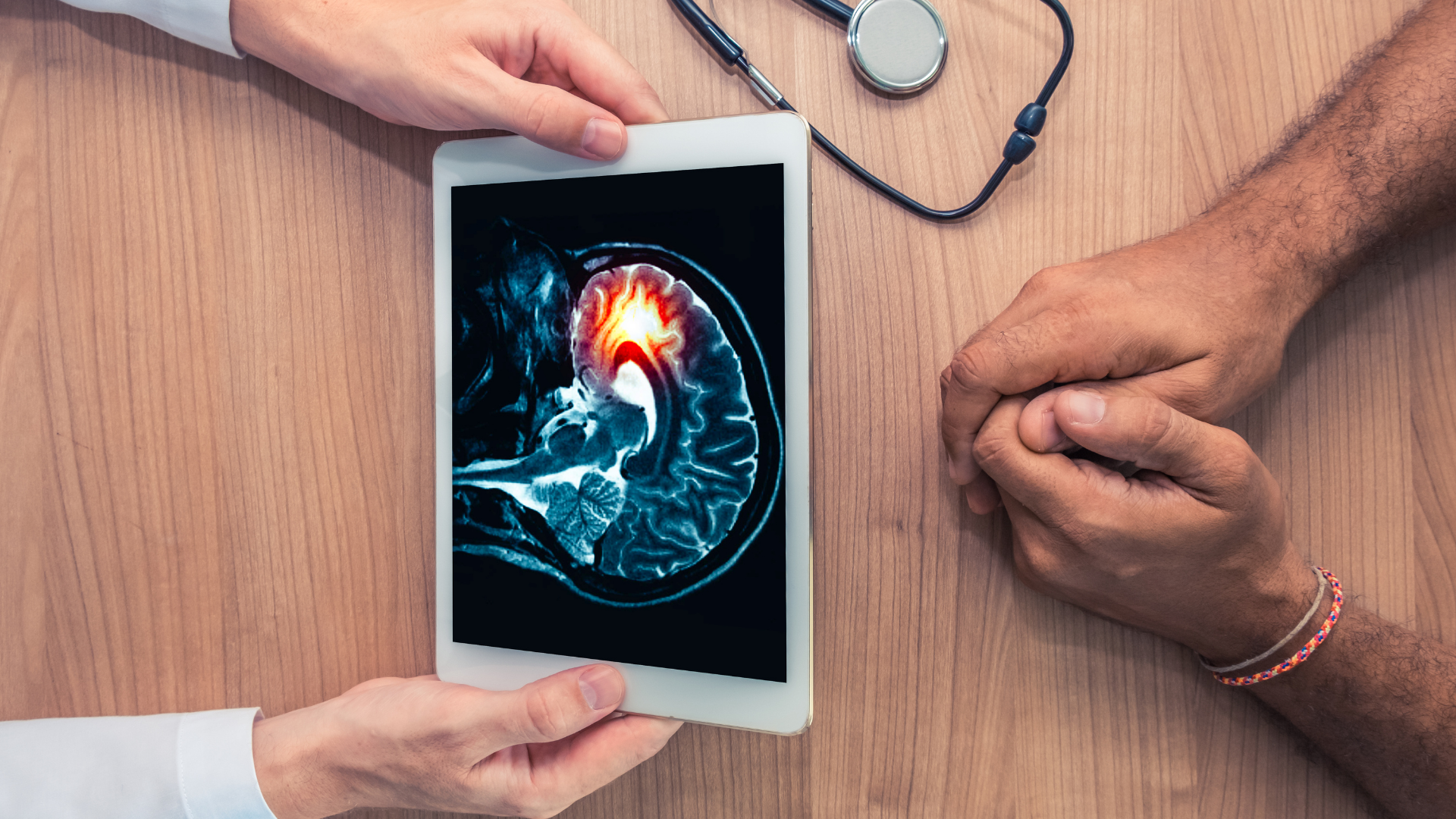10 Unique Facts About the Human Brain

Famed astrophysicist and authority on all things space, Neil deGrasse Tyson is no stranger to quotable quips. The man who has been named both one of the 100 most influential persons in the world by Time (2007) and a YouTube Gold Play Button Award winner (2020) has reached superstardom for his ability to articulately discuss some of the world’s most complex topics. Among those that Tyson has tackled include religion, philosophy, DNA, the universe, dinosaurs and the human brain.

In describing the brain, Tyson once said something that stuck with many of us working within the field of neuroscience: “Everything we do, every thought we've ever had, is produced by the human brain,” he said. “But exactly how it operates remains one of the biggest unsolved mysteries, and it seems the more we probe its secrets, the more surprises we find.”
Following the lead of Tyson and brainiacs (and we’re using that term in the best way possible) who recognize how mysterious the brain really is, we wanted to share 10 of our favorite unique facts about the human brain.

1) The brain weighs less than you might think
You might remember the scene in the 1996 hit movie “Jerry Maguire” when young Jonathan Lipnicki let the world know that the human head weighs eight pounds. But, how much does a human brain weigh? About one-third of that. The average size of a man’s brain checks in at 2.9 pounds, while women average slightly less at 2.6 pounds. But as Huffington Post reports, there’s no correlation between increased brain size and higher intelligence.
2) The brain is the fattiest organ in the body
If you thought 3 pounds seemed like a lot for a brain, consider this: 60% of the brain is made up of fat. That’s enough to qualify it as the body’s fattiest organ—which is actually a good thing in this case because fatty acids help with brain performance.
3) The brain can’t multitask
Contrary to what you may think when you’re doing two things at once, you’re not actually multitasking. We know this because it’s not possible for the brain to do such a thing. What the brain is actually doing is switching back and forth between tasks.
4) The brain sends signals at an incredible rate
The reason humans can switch between tasks so swiftly is due to the brain’s ability to send signals at an astounding 268 miles per hour. That speed is quicker than any other mode of transmission in the human body and faster than all but a handful of the world’s fastest cars.
5) The brain won’t allow you to tickle yourself
Thanks to your cerebellum, the structure in the back of the brain that aids in coordination and motor skills, it’s impossible to tickle yourself. Go ahead and try—we’ll wait. It turns out that the cerebellum innately predicts the sensation and instinctively prevents a response.

6) The brain doesn’t actually feel pain
Since there are no pain receptors in the brain, it isn’t capable of “feeling” pain. However, it obviously plays an instrumental part in how/when/why we perceive something that might be painful. Pain receptors in the skin are often the first to recognize an injury—like a cut or contact—and those receptors transmit signals to the spinal cord and onto the brain.
7) The brain continues to develop until age 25
One of the big milestones associated with turning 25 is that you can now legally rent a car in the United States. Oh, and according to brain scans, that’s also when your brain stops developing. Obviously, this process doesn’t immediately cease on your 25th birthday, but neuroscientists have determined that brains will reach full maturity around that time.
8) The brain’s attention span is getting shorter
If you find yourself getting distracted easily, you aren’t alone. In fact, it’s believed that our attention spans are actually getting shorter to the tune of four seconds in the last 15 years. Might we suggest keeping a pen and paper near you at all times to jot things down?
9) The brain’s storage is unlimited
Despite what it felt like when you were cramming for a test in school, the brain’s storage capacity is virtually unlimited. It’s important to mention that trauma or cognitive decline like Alzheimer’s disease can damage the neurons in the brain, impacting both short- and long-term memory.
10) The brain can generate electricity
“Brainpower” is more than just a charming way to describe the brain’s ability. In one of the more illuminating facts about the human brain, it’s been reported that the brain can actually generate enough electricity to power a 25-watt light bulb.

